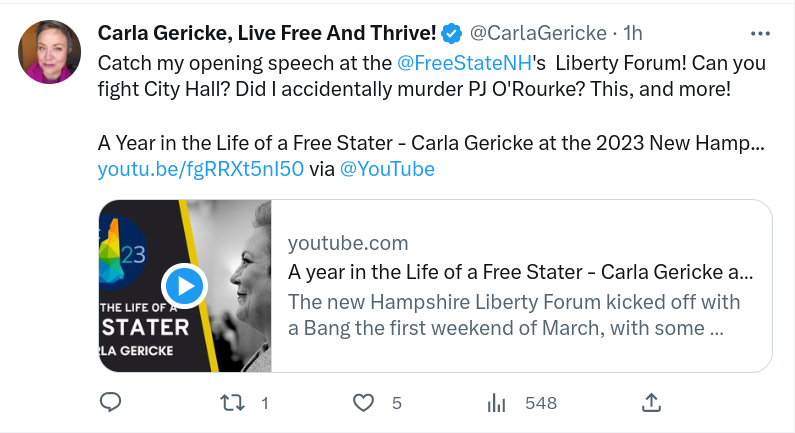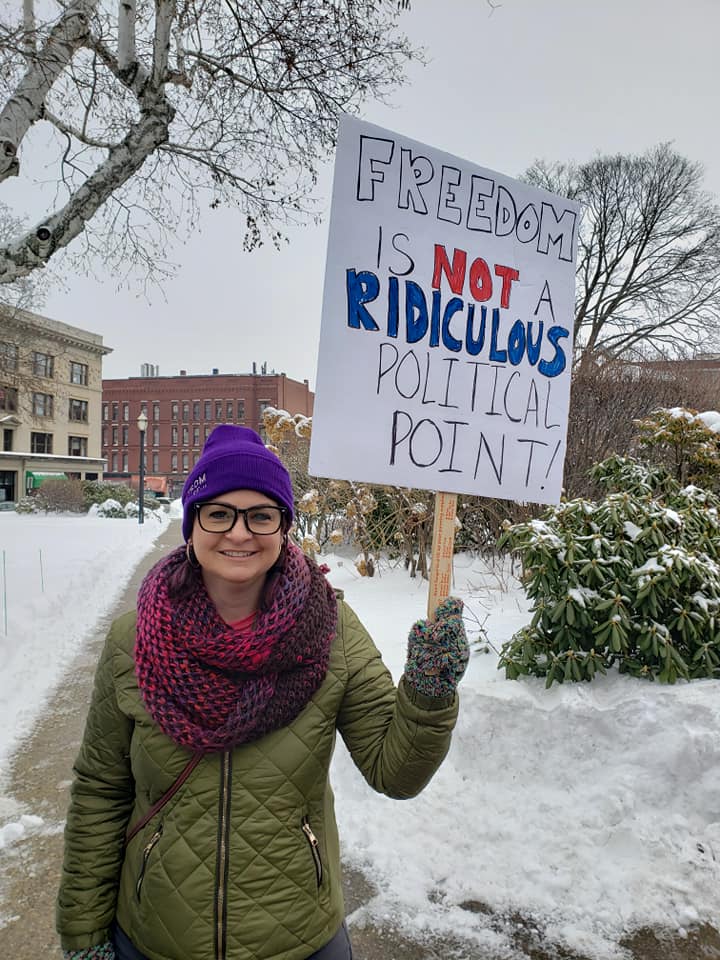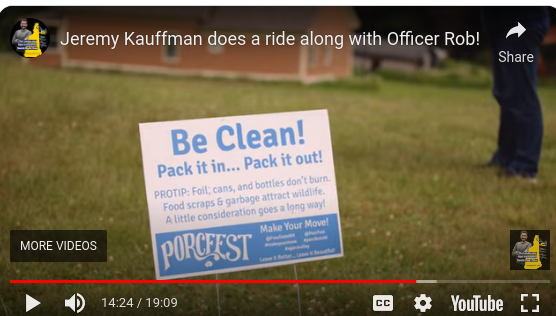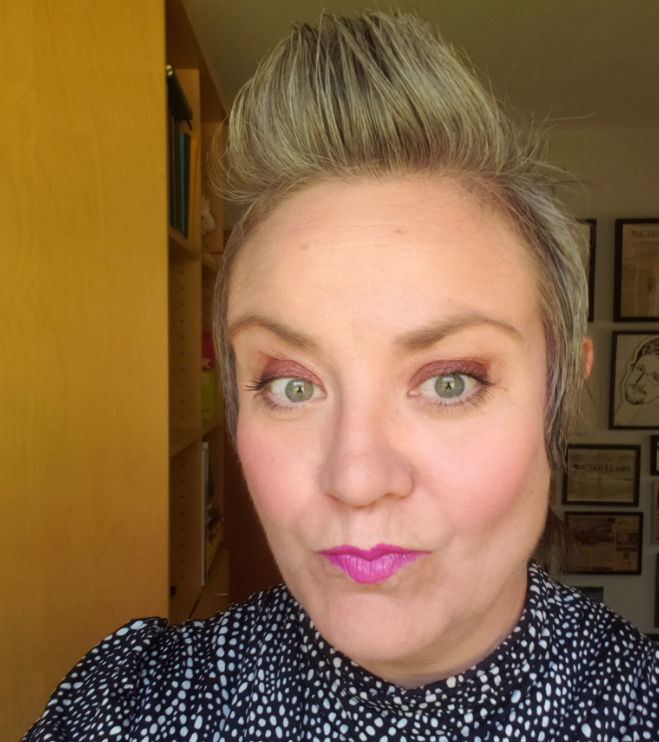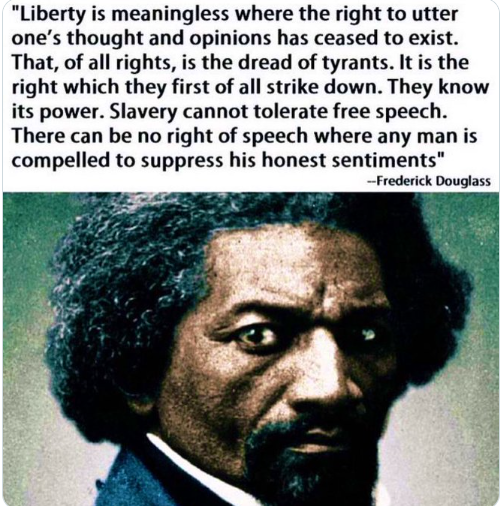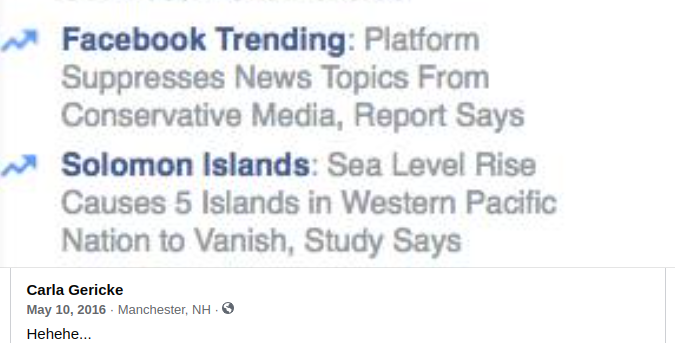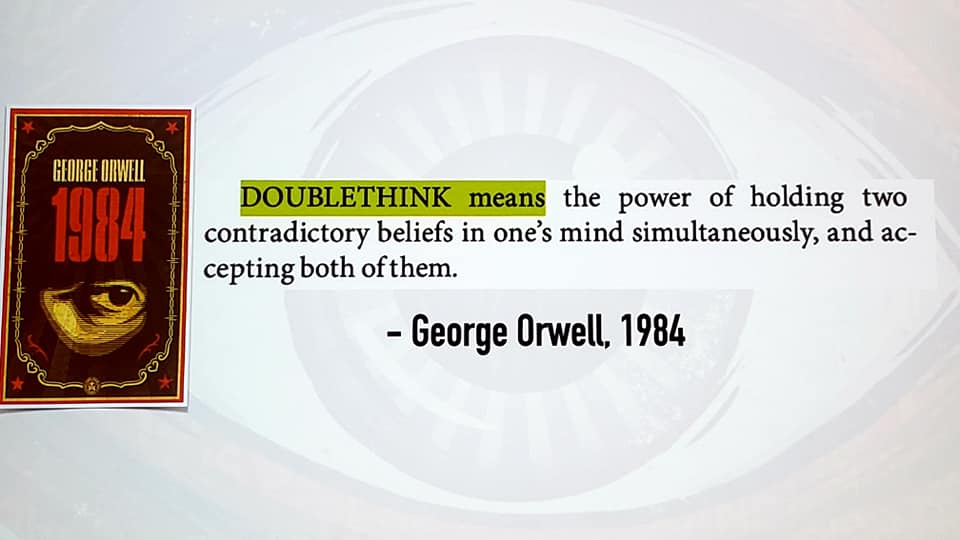Catch my hilarious and poignant opening speech at Liberty Forum 2023, where you will find answers to questions like, did Carla accidentally murder the world’s funniest libertarian writer, and can you fight City Hall?
Free Speech
These are the heroes fighting for your freedoms who you should be thanking. We were not afraid.
We were out from the start, raising the alarm about the loss of freedom being snuck in under the guise of fear.
Fear spread by your government against you.
Fear that made family members turn on each other.
Fear that made you accept loved ones dying alone.
Fear that let you accept school closures and muzzles on your children’s mouths.
Fear that the government, colluding with the legacy news, MANUFACTURED against YOU.
Your government does not serve you. They called you NONESSENTIAL. They MANDATED and FORCED YOU to inject things against your will.
Consent is freedom. If you do not consent, you must disobey.
This week, I cover a new Suffolk University and Boston Globe poll that included a question about the Free State Project. SPOILER!: About half the respondents have never heard of the FSP, so this supports my theory that the haters are simply boosting us. Thank you!
I also read a few Letters to the Editor from the Union Leader in support of Free Staters, and conclude with a recent review of my book, THE ECSTATIC PESSIMIST: Stories of Hope (Mostly).
Find poll HERE.
Fascinating. I firmly believe the Left (+whomever has enough clout to get the NYT, Globe & New Yorker etc involved) is trying to demonize us while simply helping more people learn about the blossoming liberty movement in NH… 😀 #libertarianhomeland https://t.co/scDVXFVms4
— Carla Gericke, Live Free And Thrive! (@CarlaGericke) September 29, 2022
If you are looking to connect, start here:
1. The best way to keep up with me is on my profile, so FOLLOW: https://www.facebook.com/carla.gericke
2. I deliver some snark on Twitter: https://twitter.com/CarlaGericke
3. I post memes and photos of mushrooms and my hubs of 27 years on Insta: https://www.instagram.com/carlagericke/
You can learn more about me and the dozen+ years of liberty activism I have done in the Free State of NH:
I worked with Steve Jobs! https://www.carlagericke.com/about/
I was wrongfully arrested. And then I won! https://en.wikipedia.org/wiki/Carla_Gericke
I have 25+ years experience as an author, activist, and attorney! https://www.linkedin.com/in/carla-gericke-11a12563/
I have a YT channel called Carla Gericke TV, where I do my cooking show called #Freedomnomnom (check out that hashtag for delicious #keto and #paleo noms!) and do a couple of weekly NH-base cable access TV shows: Manch Talk and The Carla Gericke Show.
Want more local news from a liberty perspective? Follow along!
SUBSCRIBE to my YT: https://www.youtube.com/CarlaGerickeTV
Censorproof Odysee where I’d LOVE to build out my audience:
https://odysee.com/@CarlaGericke:c
This week, I do a deep dive on the censorship of the “Hunter Biden laptop story,” and discuss whether free speech is worth preserving. I also contend that Democrat’s take on our Constitutional rights is… insane, and I think I prove it! Let me know in the comments, and buy my friend, Lou Perez’s book, That Joke Isn’t Funny Anymore, right now!
Kidding, not kidding! Did you know years ago, I was arrested, handcuffed to a pole for hours, physically threatened behind the Weare PD station by three burly cops, charged with felony wiretapping carrying a 7-year sentence, all for filming cops during a late night traffic stop? I fought them all the way to the First Circuit and prevailed in a landmark First Amendment suit that equally and positively affects the rights of ALL thirteen MILLION people of the First Circuit. Police also no longer have the claim of qualified immunity in filming cops cases, meaning they can be held personally liable as well because it is super egregious to take your camera or footage. You can read the decision, Carla Gericke vs. Begin et al, HERE.
Ready for my photo shoot with the Boston Globe. In the past few weeks, I’ve spoken to the Globe, the New Yorker, the New York Sun, and local media on topics ranging from Croydon, Gunstock, the Democrats, mean tweets, secession, woke churches, and more!
The media are out for blood against Free Staters… Individuals who just want to reduce the size and scope of government… how awful! So awful that people are calling me to say they wish my mother had aborted me. Real classy stuff.
Really makes you wonder what the people critiquing us stand for… Here’s a hint: war, slavery, subjugation, and control.
Don’t let the bad guys con you into thinking that’s good!
Trust your instincts and know this: Free Staters come in peace. We’re the vanguard to remind you liberty is worth preserving so that together, we can Live Free and Thrive!
“Slavery cannot tolerate free speech” because today’s slaves are TOLD what to think through 24/7 propaganda and then obediently parrot it back.
Knowing what YOU think based on YOUR KNOWLEDGE is freedom.
When you don’t know your own mind you are susceptible to… other people’s suggestions… dare I say “mind control”?
It’s not as obvious as the cartoons portrayed with a helmet on your head, but it IS the Squawk Box and the news cycle and its often repeated, looped, “mind control” phrases…
Consider one term you now frequently see lobbed verbatim and without any supporting evidence from the Left across media channels: “It’s a racist dog-whistle…”
I bring it up because this phrase was used in a recent Union Leader article in an overt attempt to make up news…
A website that promotes the Free State Project has begun identifying “woke” churches in New Hampshire, a move that has alarmed the multi-denominational National Council of Churches. https://t.co/jkShsvvsmP
— UnionLeader.com (@UnionLeader) August 26, 2022
The Free State Project’s official Twitter account tweeted out a list made by a participant about NH Churches. You can view the list HERE. As you can see with your own eyes, it’s a comprehensive list of Christian Churches, and, when you click on the individual churches listed, one column denotes whether the church is “woke/based”. The FSP didn’t make the list, a Christian participant of the project did. The goal of tweeting it out was to provide information for potential movers. Some want to attend a woke church, some don’t. As it is in a free society. No malice was intended, but when the news media picks up on a non-story, turns it into an international news story–for real, I got a Google Alert from a news outlet in India–and includes the “racist dog whistle” line, you know a propaganda game is afoot.
Let’s parse this out… The quoter is: 1. Calling their opponent a dog(?); 2. Claiming to be a mind reader who “knows” the quotee can hear something no one else can hear (i.e. imaginary); 3. this “thing” they “hear” is “racism.” No proof, no evidence, just an often repeated lie, which we are seeing with more and more frequency.
Using a blanket statement like “racist dog whistle” in the media to ascribe negative characteristics to a group you don’t like by stating, “*I* know what they secretly think” isn’t journalism, it’s woke jingoism, it’s propaganda, and it’s defamatory. Media, do better please.
One last thought… If you hear “racist dog whistles” everywhere, maybe, just maybe YOU’RE THE RACIST? After all, the Democrats were the Party of Slavery, as Frederick Douglass knew: Listen to “THE SLAVERY PARTY.” EXTRACT FROM A SPEECH DELIVERED BEFORE THE A.A.S SOCIETY IN NEW YORK, MAY, 1853.
OP Tweet:
1/"Slavery cannot tolerate free speech" bc today's slaves are TOLD what to think thru 24/7 propaganda & then obediently parrot it back. Knowing what YOU think based on YOUR KNOWLEDGE is freedom. pic.twitter.com/BpaLTPF2rC
— Carla Gericke, Live Free And Thrive! (@CarlaGericke) August 31, 2022
This Facebook capture is from “This Day” in 2016, when it was being reported that conservative media was being censored by Facebook. For those who know me, I don’t have a particular skin in the game as to whether it is conservative or progressive voices (or anyone in between) being silenced… I have an issue with censorship per se. So, by the way, regardless of where you stand on the political spectrum, should YOU.
Wednesday was eventful! Morning: working on the The Carla Gericke Show (catch the latest episode HERE). Early afternoon, walked our future property at Bardo with Emily Smith (you don’t realize how deep in the forest you are till you see how small we are in the pics).
Early evening listening to heroic investigative reporter and now Regime-persecuted James O’Keefe speak at Dartmouth. I was ready for a Free Speech rumble, but everyone was awfully polite. Thanks for all you do, James!
James and I have met over the years, we even had drinks once at The Copper Door back in 2013 or 2014 when I was still drinking. We caught up for a quick “hello” in South Dakota at Freedom Fest too. Yesterday, I had him sign a copy of Muckracker and gave him a copy of my book, The Ecstatic Pessimist with a Free State of NH passport strategically placed to open to my essay about Orwell that I delivered at the launch of Ben Swann’s Truth in Media in 2013.
At last night’s event, James o’Keefe’s talk was mainly a take-down of the “journalism” presented by Kyle Mullins, former editor-in-chief of The Dartmouth. You can watch James respond to a question about Anonymous and conflict of interests in the media HERE.
Here is the piece done by The Dartmouth after the event.
Lastly, we’d planned a late dinner at an old stomping ground Korean restaurant only to discover they now only do take-out… Guess who ate squid in a parking lot last night?
